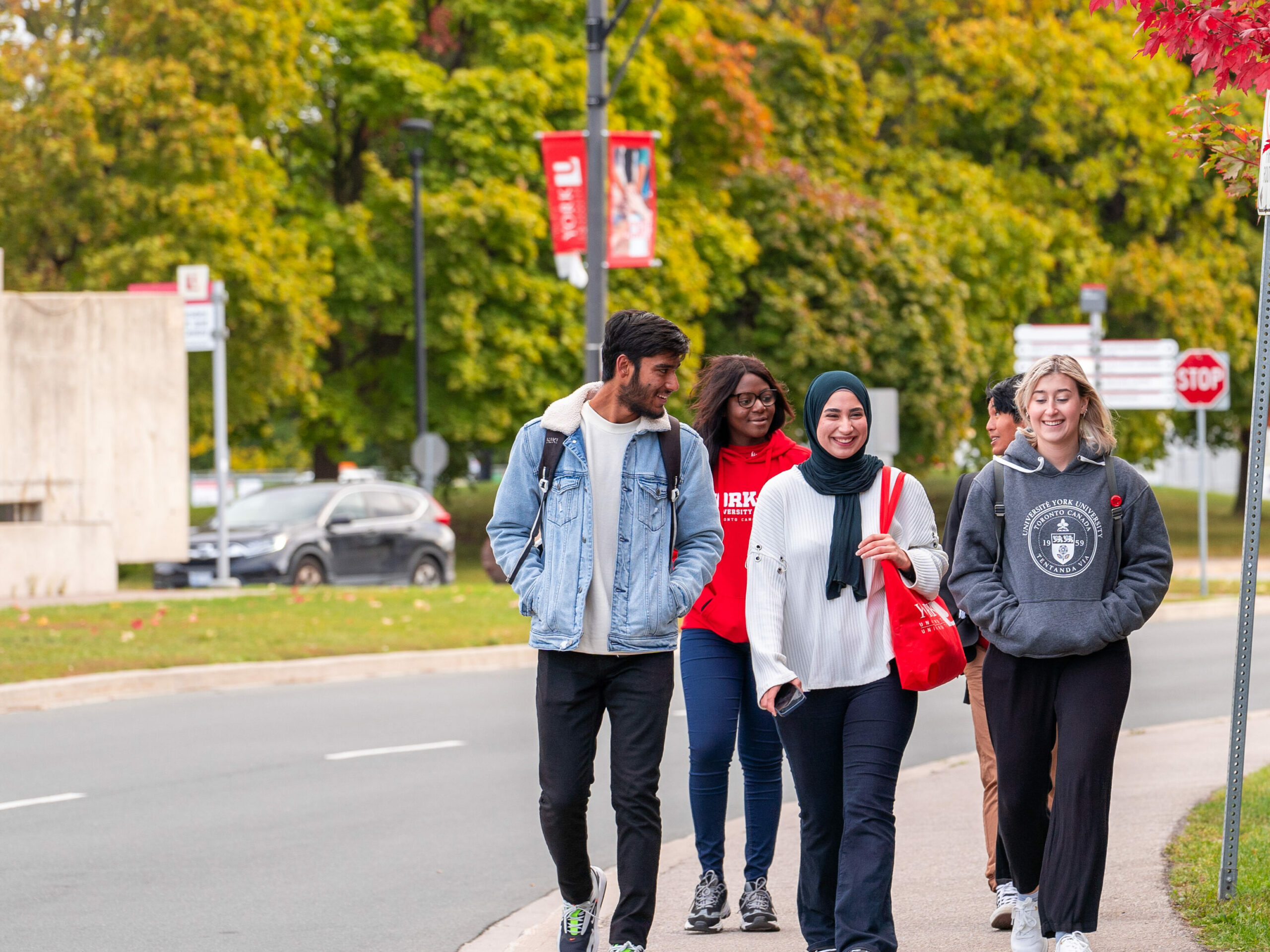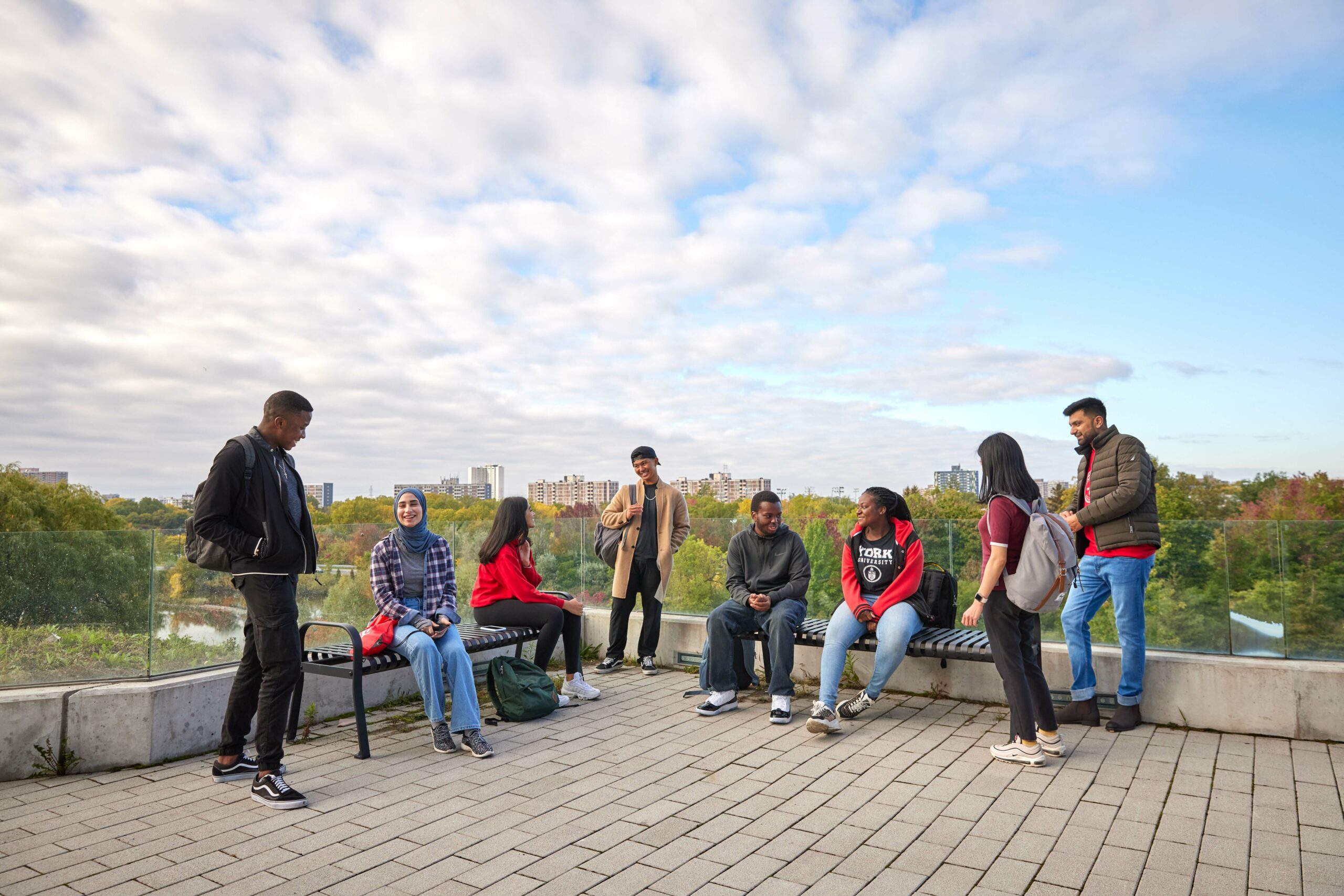
Inspire positive change
In the 2023-2024 academic year, we completed a community consultation to help inform the renewal of the sustainability strategy.
What's ahead
After consulting with many York community members, we are now finalizing the new sustainability strategy which will be publicized in fall 2024.

Build awareness, inspire lifelong commitment & catalyze action
Create opportunities to engage all York U community members on every campus
Create an atmosphere for genuine co-creation
Promote sustainability as a core principle of York U’s culture
Our Community Engagement Goals
Meaningful and fun engagement
Identify sustainability leaders amongst staff, faculty and students
Generate feedback from stakeholders to inform the renewal of the Sustainability Strategy
Support an ongoing dialogue to advance sustainability at York
The History of the Strategy
The University’s plan to right the future and create positive change affects every corner of our campuses. Our plan shapes our teaching and research, and impacts decision-making across at every level of the institution. As the third largest university in Canada, York has an extensive history demonstrating commitment to sustainability, which includes the development of the first Sustainability Strategy in 2017. This strategy was intended to be reviewed every five years. Members of the York community were invited to participate and give their ideas and input on key issues such as energy, climate change, waste management, transportation, social justice, and many other sustainability issues facing the University now and into the future. Read the 2017 Sustainability Strategy here.

Stay Connected
To get up-to-date information about the Strategy and other initiatives, sign up for updates from the Office of Sustainability.
